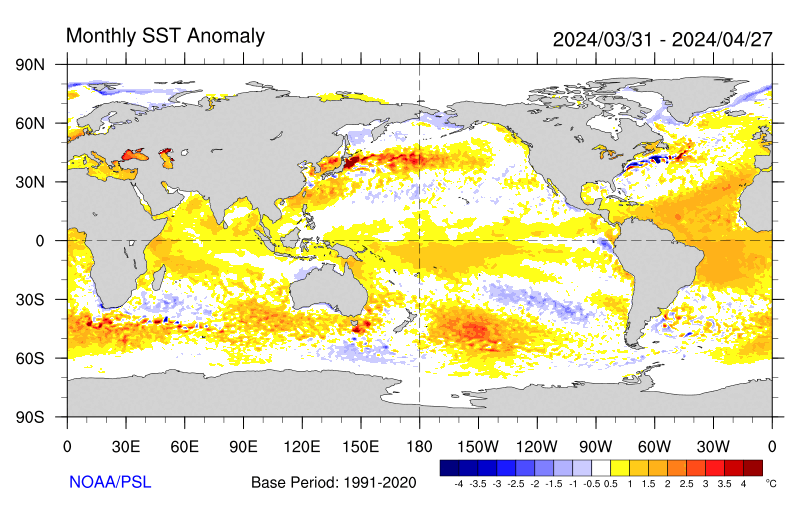Marcelo Barreiro, PhD
Departamento de Ciencias de la Atmósfera y Física de los Océanos
Universidad de la República
Líneas de Investigación
- Variabilidad y cambio climático
- Interacción océano-atmósfera de gran escala y rol de los océanos en el clima
- Circulación oceánica en el Atlántico sudoccidental
¿Qué significa estudiar el clima?
Quizás la mejor explicación haya sido dada por E. M. Lorenz:
The study of climate can assume many forms. Meteorologists have tended to think of the climate, and the changes that is continually undergoes, as special aspects of the weather. Oceanographers are likely to include ocean currents among the significant climate features, and they may seek the roots of climate changes in oceanic behavior. Geologists may attribute prehistoric climatic variations to changes in land forms and últimately to the drifting of the continents. Within more recent years the concept of a "climate system" has become firmly established. The basis for this view is the realization that the underlying ocean and land surfaces (and the ice, snow, lakes, rivers, and living things that are often found between these surfaces and the atmosphere) are not mere inert boundary conditions to be taken for granted in seeking explanations for the atmosphere's behavior. On the contrary, they posses their own internal dynamics, and for them the atmosphere is one of the boundary conditions. Taken together with the atmosphere they form a larger system that may logically be studied as a single entity.
– Preface, Physics of Climate, Peixoto and Oort, 1992

